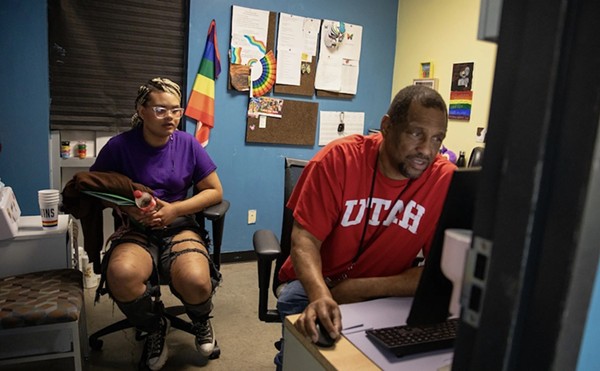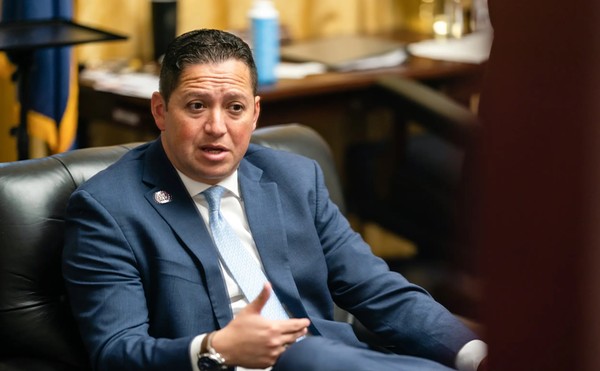Mildred Loving had no intention of being a civil-rights hero. She and her husband simply wanted to go home. And that wish turned the soft-spoken Loving into a crusader, who struck down laws prohibiting interracial couples from marrying.
Mildred Jeter, who was African- and Native-American, and Richard Loving, who was white, first met as children in Central Point, Va. In 1958, they traveled to Washington D.C. to wed because interracial couples could not marry in Virginia. They didn’t raise a ruckus over flouting the Virginia law, they simply returned home to live their lives. But a month later the police raided their home in the middle of the night and arrested them for “cohabiting as man and wife, against the peace and dignity of the Commonwealth.” Richard spent a night in jail. Mildred, who was pregnant at the time, was jailed for five days. They pled guilty and the judge in the case sentenced them each to a year in prison, but suspended the sentence provided they left Virginia and did not return together for 25 years. During the sentencing, Judge Leon Bazile said that God never intended for the races to mix, so their marriage was an abomination.
The Lovings moved to Washington and had three children, but they missed the rural Virginia town where they grew up and fell in love, and where their family still lived. In 1963, as Congress was preparing to pass the Civil Rights Act, Mildred wrote a letter to Attorney General Robert Kennedy, asking if this new law would allow them to go home. The answer was no, but he referred the Lovings to the ACLU, which immediately took up the case.
On June 12, 1967, the U.S. Supreme Court ruled unanimously in their favor. In the decision, Chief Justice Earl Warren wrote, “`t`he freedom to marry has long been recognized as one of the vital personal rights essential to the orderly pursuit of happiness by free men.” At the time, 16 states had laws against interracial marriage — Maryland’s anti-miscegenation law was overturned a few months before the ruling. They were all struck down.
And the Lovings went back to their life. Richard, a bricklayer, built them a house in Central Point. Mildred raised their children. In 1975, Richard was killed in a car accident. Mildred, who never remarried, died on May 2 in the house Richard built her.
Mildred Loving was, by all accounts, a humble woman who never considered herself a hero. She rarely talked to the press, but in 2007, in
honor of the 40th anniversary of the Supreme Court’s decision, she issued a statement that was read at the National Press Club. She and her husband didn’t get married “to make a political statement or start a fight. We were in love, and we wanted to be married,” she wrote. “Not a day goes by that I don’t think of Richard and our love, our right to marry, and how much it meant to me to have that freedom to marry the person precious to me, even if others thought he was the ‘wrong kind of person’ for me to marry. I believe all Americans, no matter their race, no matter their sex, no matter their sexual orientation, should have that same freedom to marry ... That’s what Loving, and loving, are all about.”


















